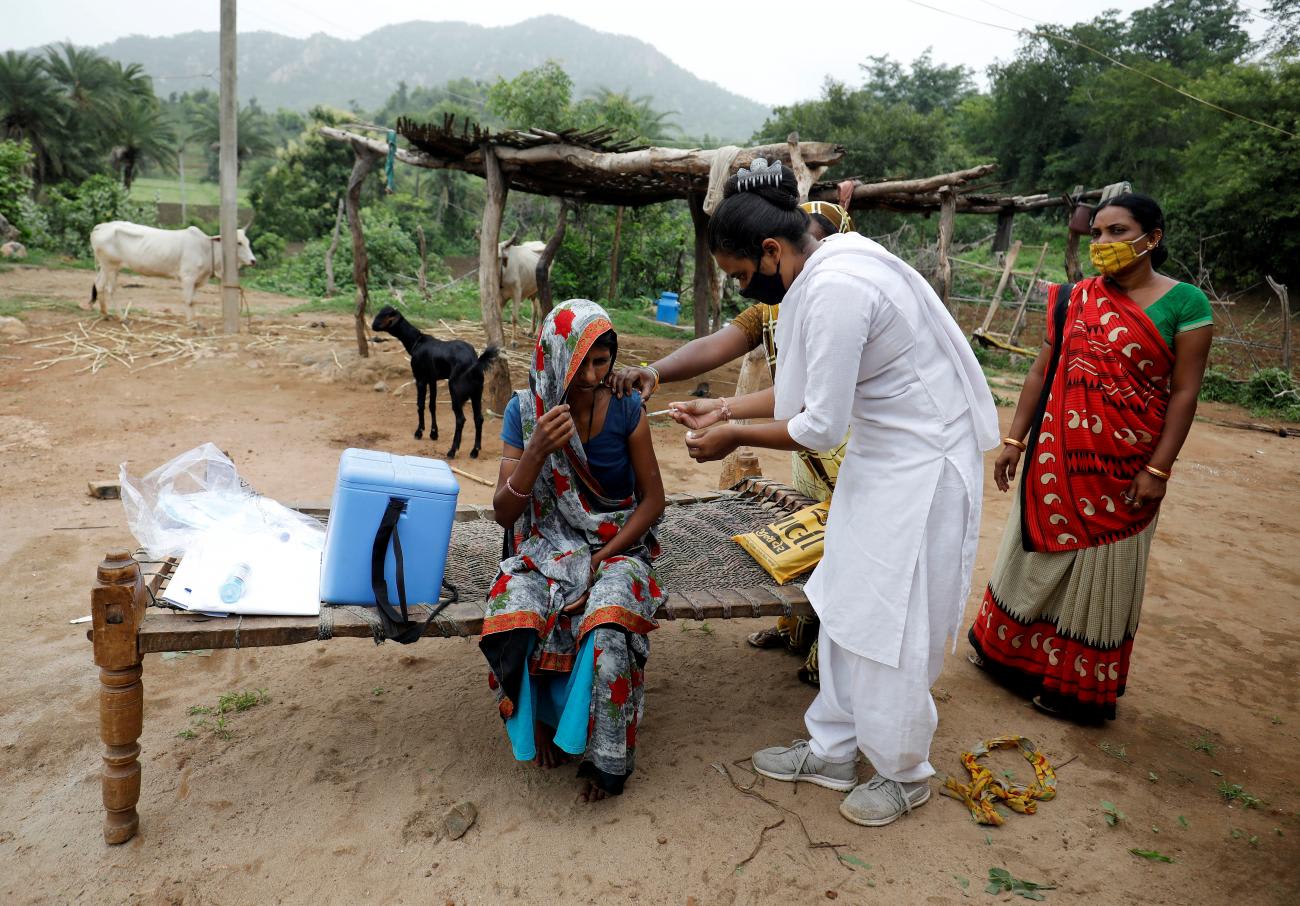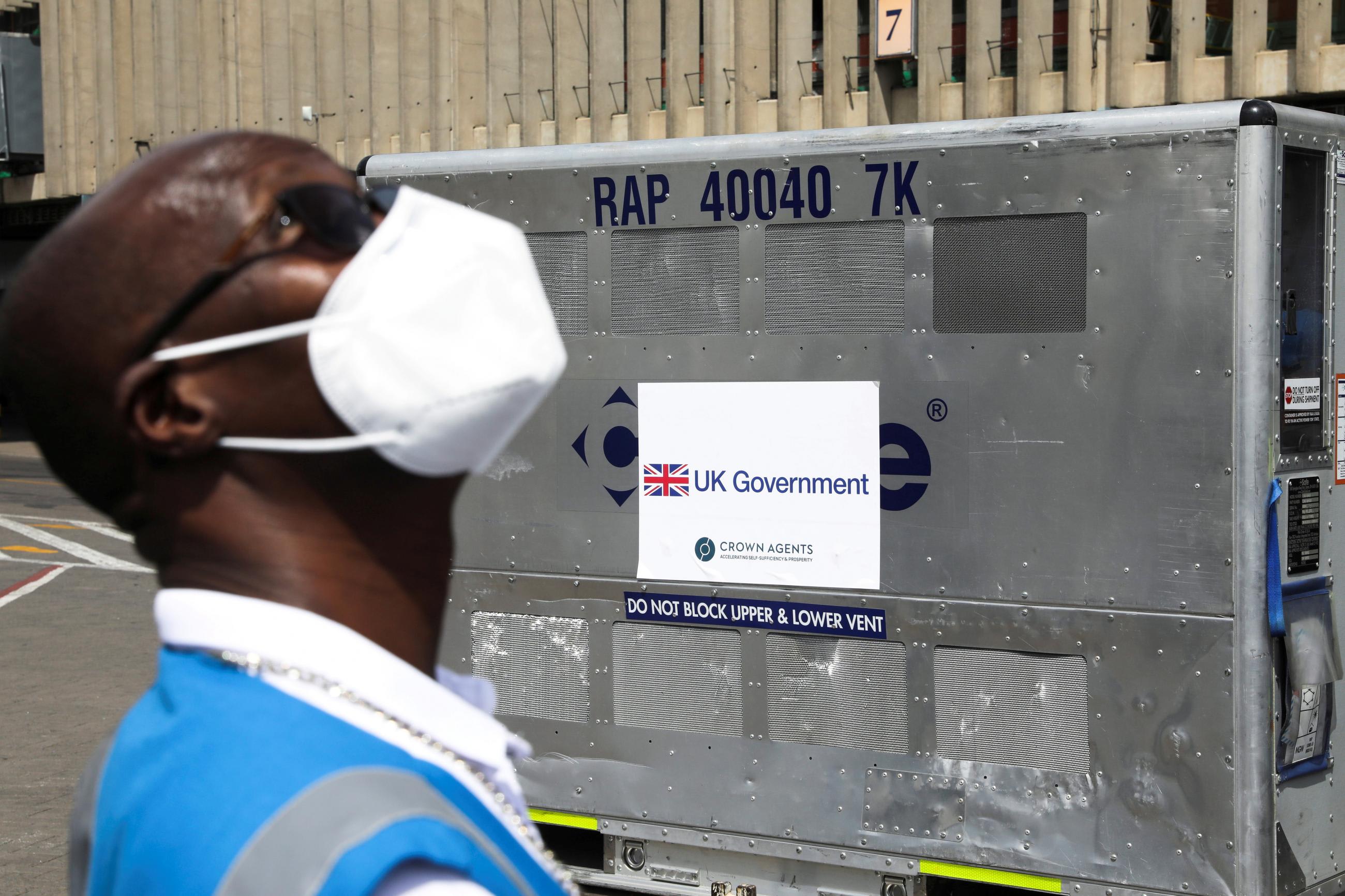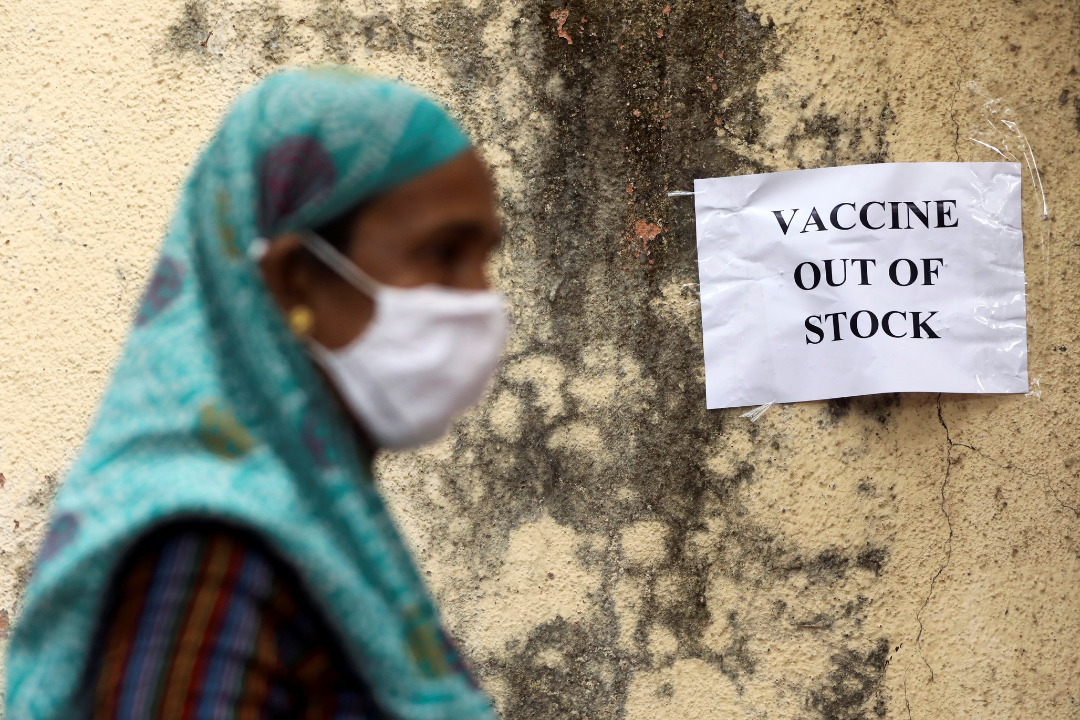The world is seeing the emergence of yet another COVID-19 variant, with omicron BA.2. As many leaders in public health have stressed time and again, vaccinating the world remains the only practical way out of these recurring COVID-19 waves. However, vaccine inequity—in large part created and perpetuated by high-income countries (HICs)—remains a challenge as the world enters the third year of the pandemic.
Inequity also extends to therapeutics, diagnostics, and other COVID-19 tools. As the Ukraine crisis unfolds, vaccine equity has taken a backseat on political agendas for many countries. Additionally, in a rush to return to normalcy, many HICs speak of "moving on" from the pandemic, reducing funding for COVID-19 global response, and actively scaling back some public health measures. It is safe to say we are approaching the "neglect" stage of the panic and neglect cycle.

As recently as the week of February 21, 2022, across the six WHO regions, the pandemic caused around 60,000 global deaths due to omicron BA.2. Countries such as Hong Kong have recently seen a rapid rise in deaths due to the novel variant, especially in homes for seniors, where many residents are unvaccinated. As evidence suggests, COVID-19 novel variants remain a significant threat for the world and especially for countries with low vaccination coverage.
Building on lessons learned is perhaps the most important factor when facing evolving disasters such as the pandemic. The biggest lesson in terms of vaccine equity challenges is recognizing the role that HICs played in creating the inequity and how their inaction has led to perpetuating this inequity. The asks from the global community were clear from the beginning: to ensure equitable distribution of vaccines and other COVID-19 tools, and to prioritize frontline workers and vulnerable people. Unfortunately, with approximately just 12 percent of low-income country (LIC) populations fully vaccinated (as of April 14, 2022), the world remains woefully behind the target of vaccinating 70 percent of the world. If we had a grading system, the "easier" short term goals for vaccine equity would include fulfilling the promises made on bi-lateral donations, and on continuing support for multi-lateral mechanisms such as the ACT-Accelerator. There is also a need to recognize that procuring or donating vaccines alone will not be sufficient without supporting in-country vaccine delivery systems. We also need to break the pattern of essentially dumping vaccines on LMICs when convenient for HICs. We have seen this poor strategy executed by the European Union, the United States, and Canada (to name a few).
Percentage of Population Fully Vaccinated Against COVID-19 Over Time
The more difficult yet urgent goal is globalizing the production of vaccines and other COVID-19 tools. The TRIPS IP waiver, which aimed for this second goal, put forth by South Africa and India and co-sponsored by more than 65 countries, and supported by more than 100 countries could not proceed due to blockades set by a few HICs. To this point, it is crucial to note the lack of urgency within HICs in the European Union that are actively blocking the COVID-19 IP Waiver, as well as the inaction of countries such as Canada which remained uncommitted to supporting the waiver. Last May, the United States signaled support for the waiver but only limited its support to vaccines. After a resulting 18-month deadlock there is finally some respite with the recent compromise discussions on the waiver. However, the waiver compromise suggestions consist of specific limitations. They include the waiver being limited to vaccines and Brazil not being able to participate due to its income categorization at the World Trade Organization. The cost of human lives, and the socio-economic consequences that especially affected LMICs within the past 18 months, need to be recognized largely as a failure on the part of HICs. Even now, we have yet to arrive at an agreement on the TRIPS IP waiver.
Tracking the development of this pandemic response, we have repeatedly seen how countries with political-economic capital bent the global health governance systems to their will, compromising equity and the speed with which the world could have responded. The early compromises in the design of the COVAX mechanism and the continued delay in getting the TRIPS IP waiver approved for COVID-19 tools are two prominent examples of manipulation of power. We are witnessing a deliberate de-prioritization of lives in less wealthy nations.
We are witnessing a deliberate de-prioritization of lives in less wealthy nations
Recognizing the mismanagement of power by HICs, also compels us to look forward to future challenges and assess our success managing global health threats, or related threats such as antimicrobial resistance and climate crisis. It is imperative that we realize that the current global health political structure will not tide us through such challenges. As I write this, deliberations are being made on a pandemic treaty that we hope will address the challenges we have faced in this pandemic. Yet, serious doubts remain as to how exactly this new international instrument can function within the existing political-economic status quo.
If we are to take stock of the pandemic and our response to it, the world remains behind on its short term, urgent goals such as vaccinating 70 percent of the world, and this is largely due to the irresponsibility of HICs. We are not in a position to reimagine a positive future without serious realignment of global structures that will hold HICs accountable for violations of solidarity in public health emergencies of international concern. Those in positions of power need to recognize and include power mismanagement in global health structures as a central item within global health discussions, forums, and international instrument deliberations. Together, we need to prioritize preventing the manipulation of global health governance structures—it needs to be a priority in the global agenda.
Without the participation of allies in HICs, including national governments, this effort to reimagine an equity-centered future where health for all is a reality will not be successful. If we are to move forward from this crisis, HICs need to recognize how their actions created inequities during the COVID pandemic and move beyond mere statements and toward effectively addressing immediate challenges—making the commitment to change the status quo of global health structures a long-term priority.













